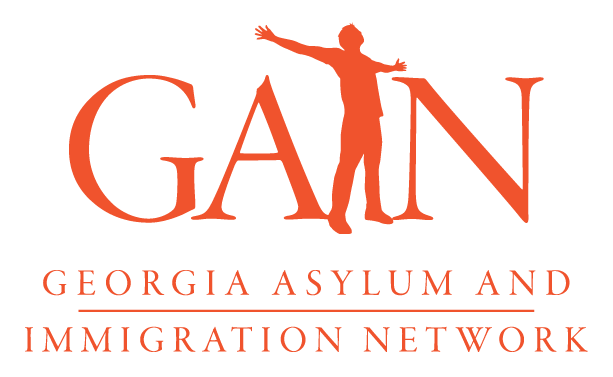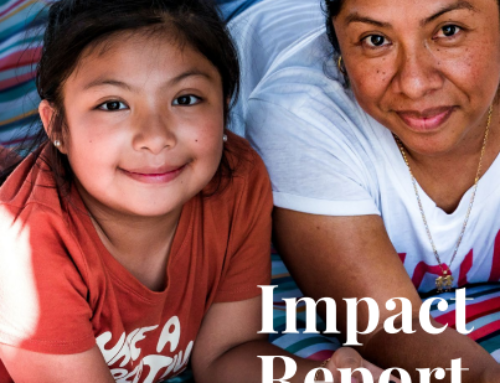Changes to the I-601A Provisional Waiver
Written by Erin Cawthorn, Emory Law School, 2016
The National Benefits Center (“NBC”) is predicting I-601A provisional waivers of inadmissibility for unlawful presence to be approved more often and more rapidly as the agency expands and reconsiders the adjudication standards for approval.
Individuals who have been present unlawfully in the U.S. for more than 180 days are inadmissible under section 212(a)(9)(B) of the Immigration and Nationality Act and must obtain a waiver of inadmissibility in order to to be eligible for immigrant and nonimmigrant visas. Beginning in March, 2013, immigrants seeking certain visas who are immediate relatives to U.S. citizens (spouses, children, and parents) became able to apply for a provisional unlawful presence waiver without having to leave the U.S. Currently, immediate relatives of U.S. citizens who are not eligible to adjust their status in the U.S. must travel to their home country and obtain an immigrant visa there. Those immigrants who have accrued more than 180 days of unlawful presence in the U.S. must acquire a waiver of inadmissibility to overcome the unlawful presence bars in section 212(a)(9)(B) of the Immigration and Nationality Act before they can return to their families in the U.S. Previously, immigrants were only allowed to apply for this waiver once abroad, and thus once they had triggered the bar. The new provisional waiver allows them to apply for the waiver before leaving the U.S., and thus before triggering the bar. The goal of the new provisional waiver is to lessen the amount of time immigrants will have to spend away from their U.S. citizen relatives who rely on them for support.
I-601As are adjudicated by the NBC, who predict I-601A approvals to come more rapidly as the NBC expands. Since March, the NBC has expanded from it’s office in Lee Summit, MO to include a new office in Overland Park, KS, adding 400-500 new government positions and as many new contract positions. The average processing time for an I-601A between receipt and decision issuance is currently 103 days, and the goal is to reduce that to 90 days.
The NBC is also predicting that more applications will be approved as the NBC analyzes the current “reason to believe” standard. The “reason to believe” standard was added to the waiver approval requirements to give applicants a hint on whether they would be denied a visa on grounds other than unlawful presence. Adjudicators made quick assessments based on name checks and biometrics results as to whether the applicant might be inadmissible for some other reason, and so give the applicant an idea of any risks they may face in traveling abroad. However, this standard has led to a high denial rate of waiver applications, and the NBC is now reconsidering it.
For more information on the 1-601A provisional waiver and application and approval process, please see:



